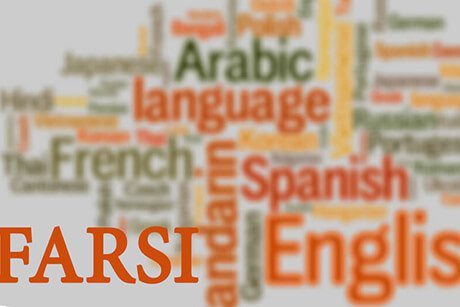Table of Contents
What Countries Speak Farsi?
Imagine Farsi as Iran’s official language, painting the nation with its colorful linguistic strokes. But it doesn’t stop there – Farsi’s chatter spills over, making friends with neighboring countries like Afghanistan, Bahrain, Iraq, Oman, Yemen, and the United Arab Emirates. It’s like a shared playlist that connects these places, creating a vibe that goes beyond just talking. Farsi becomes a kind of cultural glue, bringing people together and blurring the lines on the map.
Where Do They Speak Farsi?
Now, imagine Tajik, a buddy of sorts to both Dari and Farsi. They’re like the three musketeers of language, hanging out and sharing their unique moves. Tajik isn’t just a random dance partner; it’s got a history with both Dari and Farsi. Together, this language trio forms a cool linguistic gang that stretches across regions. It’s a reminder that languages, like old pals, stick together no matter how far apart they are on the map.
How to Speak Farsi: A Shortlist
Traveling to Iran can be an exciting adventure, and making connections with the locals can greatly enrich your experience. One way to establish a connection and initiate conversations is by learning some useful Farsi words and taking the first steps of learning how to speak Farsi. In this article, we have compiled a list of essential Farsi words along with their English meanings and pronunciation in Farsi. By mastering these words (such as Good Morning in Persian), you’ll be able to engage in basic conversations and witness the warm reactions of the Iranian people.
To help you navigate through the basic interactions, here’s a shortlist of essential Farsi language words and phrases commonly used in daily conversations like Good Morning in Farsi, Thank You in Farsi, etc.
Feel free to add more words to this list by commenting below.
| English | Farsi | Farsi Pronunciation |
|---|---|---|
| Hello | سلام | Salam |
| Goodbye | خداحافظ | Khoda Hafez |
| Yes No | بله نه | Bale Na |
| See you later | بعدا میبینمت | Ba’dan mibinamet |
| Good Morning | صبح بخیر | Sobh be kheir |
| Good Evening | عصر بخیر | Asr be kheir |
| Good Night | شب بخیر | Shab be Kheir |
| How are you? | حالت چطوره؟ | Halet chetore? or Chetori? |
| I’m fine. | من خوبم. | Man Khoobam |
| I miss you | دلم برات تنگ شده | Delam barat tang shode |
| Whats new? Whats up? | چه خبر؟ | Che khabar? |
| Thank You | ممنون | Mamnoon |
| You’re Welcome | خواهش میکنم | Khahesh Mikonam |
| Don’t Worry | نگران نباش | Negaran Nabash |
| Excuse me (to get someone’s attention) or Sorry | ببخشید | Bebakhshid |
| Have a nice day | روز خوبی داشته باشی | Rooze Khoobi dashte bashi |
| what’s your name? | اسمت چیه؟ | Esmet chie? |
| My name is … | اسم من …. است | Esme man … ast |
| Pleased to meet you Nice to meet you | از دیدنت خوشحالم | Az didanet khoshhalam |
| Bon appetite Have a nice meal | نوش جان | Nooshe Jan |
| Bon Voyage Have a good journey | سفر به خیر | Safar be Kheir |
| Where’s the toilet? Where’s the bathroom? | دستشویی کجاست؟ حمام کجاست؟ | Dastshoo’i kojast? Hamam Kojast? |
| What time is it? | ساعت چند است؟ | Sa’at chand ast? |
| How much is it? | I don’t understand | Gheymate in chand ast? |
| I’m hungry | من گرسنه هستم | Man gorosne hastam |
| I’m thirsty | من تشنه هستم | Man teshne hastam |
| Where are you from? | اهل کجا هستی؟ | Ahle koja hasti? |
| I’m from Germany. | من از کره جنوبی میآیم | Man az koreye jonubi mi’ayam |
| I understand | من میفهمم | Man mifahmam |
| I dont understand | من نمیفهمم | Man ne’mifahmam |
| I don’t know | من نمیدونم | Man nemidoonam |
| I need a doctor | من باید دکتر بروم | Man bayad doctor beravam |
| I feel sick | احساس میکنم مریض شدم | Ehsas mikonam mariz shodam |
| Please say that again | لطفا دوباره بگو | Lotfan dobare begoo |
| Please speak slowly | لطفا آهسته صحبت کن | Loftan aheste sohbat kon |
| What is this? | این چی هست؟ | In chi hast? |
| I’m lost | من گم شدم | Man gom shodam |
| Help! | کمک! | komak! |
| I need help | من به کمک احتیاج دارم | Man be komak ehtiaj daram |
| Congratulation | تبریک میگم | Tabrik migam |
| Good luck | موفق باشی | Movafagh bashi |
| Hurry up | عجله کن | Ajale kon |
| Good Bad | خوب بد | Khoob Bad |
| Now Today Yesterday Tomorrow | آلان امروز دیروز فردا | Al’an Emrooz Dirooz Farda |
| Call the police | با پلیس تماس بگیر | Ba polis tamas begir |
| Pharmacy | داروخانه | Darookhaneh |
| Hospital | بیمارستان | Bimarestan |
Exploring Iranian Culture Through Language
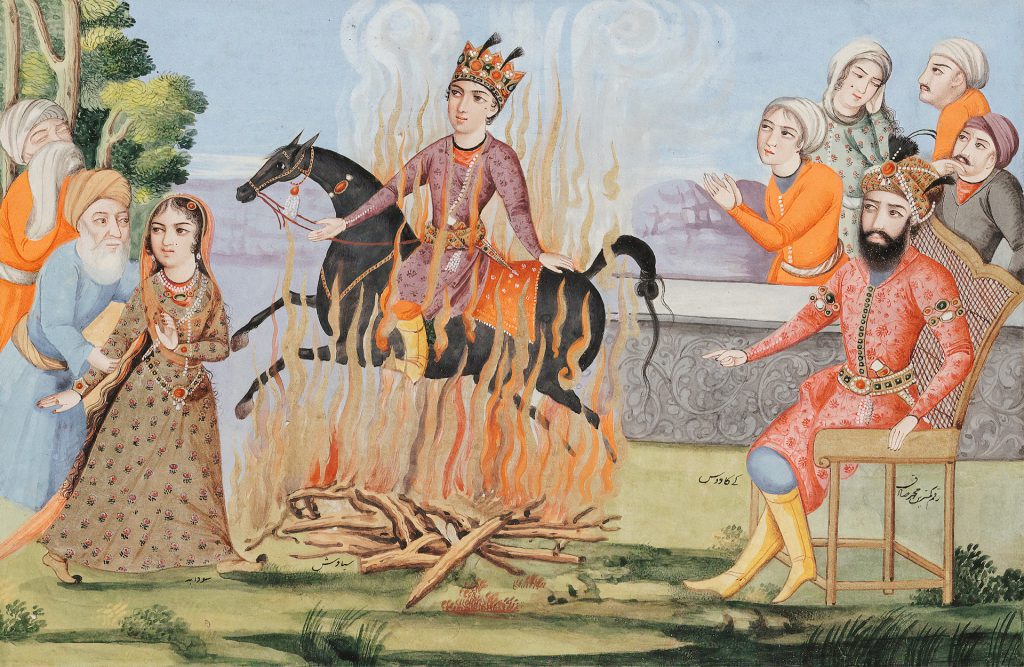
Learning these essential Farsi words will not only enhance your travel experience but also allow you to delve deeper into Iranian culture. By making an effort to communicate in the local language, you can connect with locals on a more personal level and gain a greater appreciation for the rich heritage of Iran.
Iranian culture is renowned for its hospitality and warmth towards visitors. When you use phrases such as “Salam” (Hello) or “Khoda Hafez” (Goodbye), you’ll witness the genuine smiles and welcoming gestures of the Iranian people. The Farsi language holds a special place in their hearts, and your attempts to speak it will be met with enthusiasm and encouragement.
Embracing Cultural Etiquette
In addition to learning how to speak Farsi, it’s essential to understand the cultural etiquette that accompanies them. Iranians value politeness and respect in their interactions. When addressing someone, it’s customary to use their title followed by their first name. For instance, “Khanoom” for a woman or “Agha” for a man, followed by their given name.
Expressions like “Merci” (Thank you) and “Khahesh Mikonam” (You’re welcome) go a long way in showing appreciation and acknowledging the kindness of others. Iranians take pride in their culture and language, so your efforts to embrace these customs will be highly regarded.
Embracing Iranian Cuisine
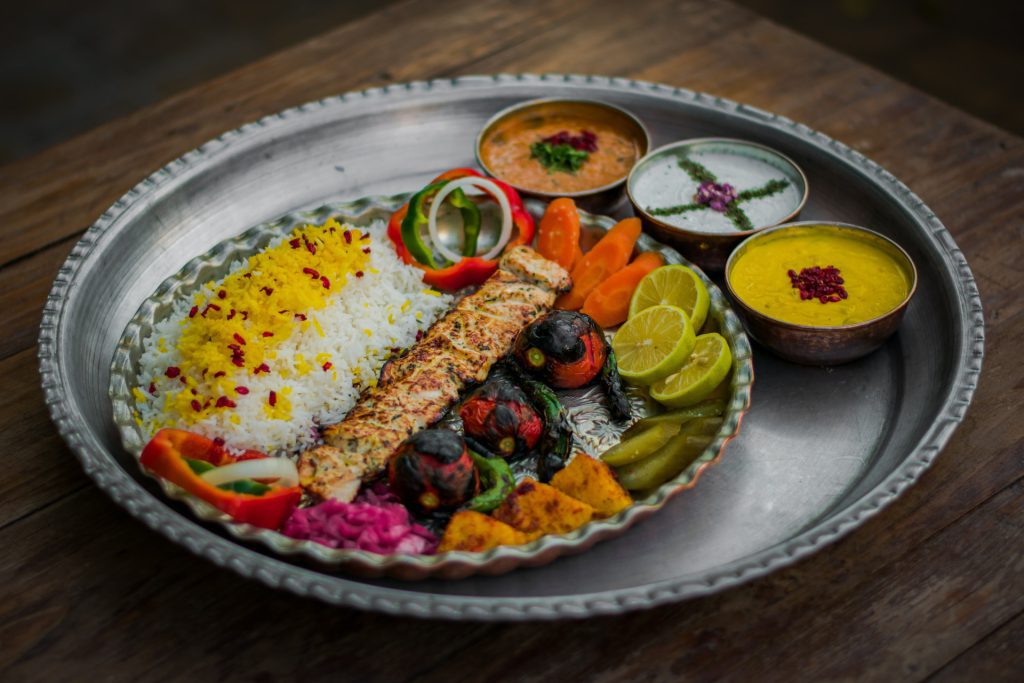
When dining in Iran, you can use phrases like “Nooshe Jan” (Bon appetite) or “Safar be Kheir” (Have a good journey) to express your enjoyment of the food and to wish others a pleasant dining experience.
Iranian cuisine is famous for its aromatic spices, fragrant rice dishes, and succulent kebabs. By immersing yourself in the local culinary scene, you’ll not only satisfy your taste buds but also gain insight into the country’s culinary heritage.
Appreciating the Beauty of the Farsi Language
Farsi, also known as Persian, is a language that has been celebrated for centuries for its poetry, literature, and expressive nature. By familiarizing yourself with the words and phrases provided, you’re not only acquiring practical communication skills but also immersing yourself in a linguistic tapestry that has shaped Iranian culture.
As you engage with locals to speak Farsi, you’ll notice their eyes light up, appreciating your interest in their language. Whether you’re exploring bustling bazaars, visiting historical sites, or engaging in everyday conversations, your willingness to speak Farsi will open doors to authentic experiences and meaningful connections.
Learn More: Expand Your Farsi Vocabulary
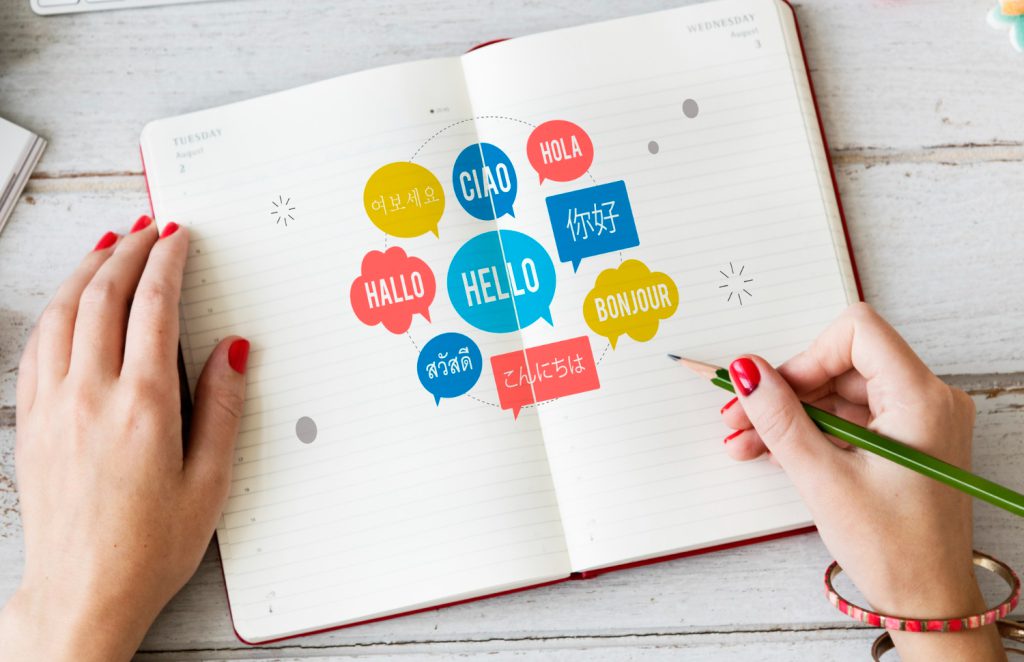
Remember, this shortlist is just the beginning. If you’re eager to speak Farsi and expand your vocabulary to learn how to speak Farsi, consider adding the following words and phrases to your repertoire:
- Thank you very much: Mamnoon – moteshakeram
- Excuse me: Bebakhshid
- I’m sorry: Mazerat mikham
- Please: Lotfan
- I love you: Asheghetam
- Beautiful: Ziba
- Delicious: Lajevardi
- Friend: Doost
- Family: Khanevadeh
- Adventure: majarajuyi
- History: Tarikh
- Music: Mosighi
- Nature: Tabi’at
- Sunrise: Tolou
- Sunset: Ghoroub
- Beach: Sahel
- Mountains: Koohha
- Mosque: Masjed
- Bazaar: Bazar
- Souvenir: Yadegari
These additional words will enable you to express yourself more fluently and engage in a wider range of conversations to learn how to speak Farsi during your time in Iran. By continuously building your vocabulary, you’ll discover new opportunities to connect with locals, share experiences, and gain a deeper understanding of Iranian culture.
The Power of Language and Connection
Language holds immense power when it comes to forging connections and experiencing a culture on a profound level. By immersing yourself in the Farsi language and exploring the rich tapestry of words and phrases, you’re embarking on a journey of cultural understanding and human connection.
As you interact with Iranians using their native language, you’ll find yourself embraced by their warmth and generosity. Conversations will flow more effortlessly, doors will open to hidden gems and local insights, and you’ll gain a true appreciation for the spirit of Iran.
Unlock the Joy of Communication in Farsi
Speak Farsi, even to a basic level, opens up a world of joy and fulfillment during your travel to Iran. Whether you’re bargaining in a bustling market, ordering traditional cuisine, or simply engaging in casual conversations, the ability to speak Farsi will enhance every aspect of your journey.
Don’t be discouraged by initial challenges or the fear of making mistakes. Embrace the learning process with enthusiasm and curiosity. Iranians are known for their patience and encouragement when it comes to language learners. Your efforts to speak Farsi will be met with appreciation and respect.
Embrace the Adventure: Learn Farsi Today!
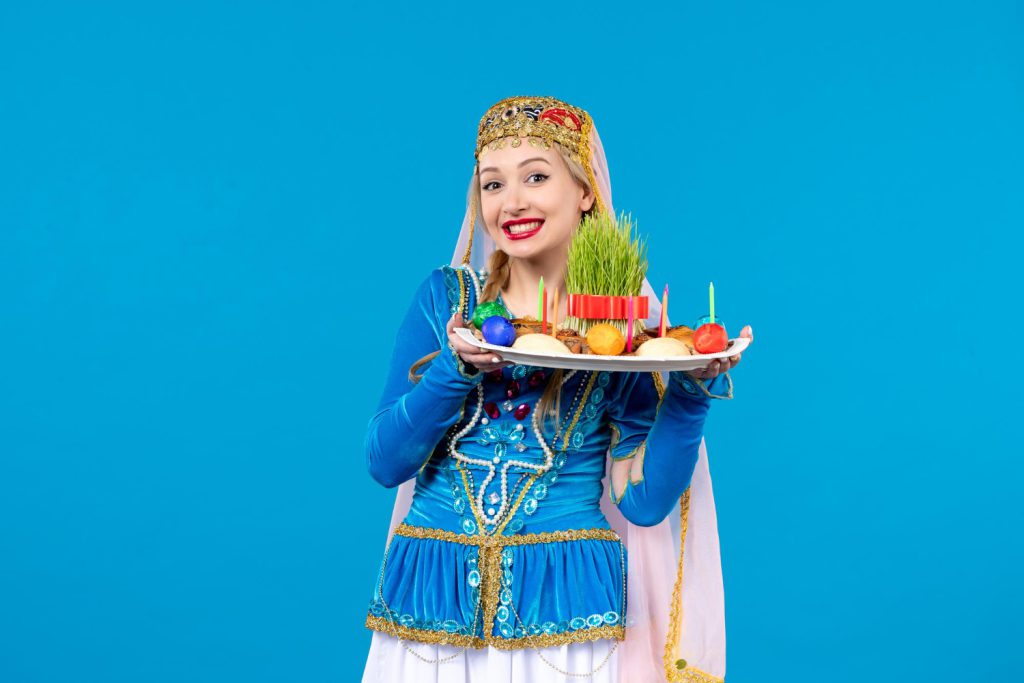
Now that you have a solid foundation of essential Farsi words and phrases, it’s time to embark on your language-learning adventure. Make it a point to practice and use these words in your everyday interactions. Listen closely to the pronunciation and aim to speak with confidence.
Remember, learning a language is not just about memorizing words and phrases; it’s about immersing yourself in the culture, embracing the people, and experiencing the country from a fresh perspective. If you speak Farsi, you’re opening doors to authentic connections, unforgettable experiences, and a deeper appreciation for the beautiful nation of Iran.
FAQs about Speak Farsi
Q1: What country speaks Farsi?
A1: Farsi is the main language in Iran and is also spoken by many people in nearby countries like Afghanistan, Bahrain, Iraq, Oman, Yemen, and the United Arab Emirates. Tajik is similar to Dari and Farsi.
Q2: Is Farsi an easy language to learn?
A2: Because Persian has remained mostly unchanged for more than a thousand years, the fundamental grammar for both the classical and modern versions of the language is almost identical, making it relatively easy to learn.
Q3: Is Farsi the same as Persian?
A3: Simply put, yes, Farsi and Persian are the same language. The confusion arises because English speakers use the term ‘Persian,’ while Iranian speakers use ‘Farsi’ to describe the official language of Iran, which is Persian.
Q4: Is Farsi easier than Arabic?
A4: Reading Persian is actually simpler than Arabic. While the Persian and Arabic alphabets have many similar letters, not all of them are pronounced the same way. For instance, the letters (ث, ص, س) have distinct sounds in Arabic, but in Persian, they are all pronounced like the English “s” sound in “sand.”
Q5: Is Farsi considered Arabic?
A5: In fact, Farsi is not only in a separate language group from Arabic but it’s also in a separate language family. Arabic is in the Afro-Asiatic family while Farsi is in the Indo-European family. Coincidentally, Portuguese is also in the Indo-European language family, but it also differs from Farsi in many ways.
Expand Your Horizons: Share Your Farsi Journey
As you continue your journey and desire to speak Farsi, don’t hesitate to share your experiences with others. Your passion for language learning can inspire fellow travelers and language enthusiasts alike. Share your newfound Farsi words and phrases, recommend language resources, and engage in conversations that celebrate the power of cross-cultural communication.
Last Words: Visit Iran with no Language Barrier with a Customized Tour
If you’re planning a trip to Iran and want to ensure you have a seamless and unforgettable experience without any language barriers, consider embarking on a custom-tailored tour. By opting for a personalized approach, you can explore the wonders of Iran while having all your travel needs taken care of.
With ToIranTour, you have the opportunity to design a tour that aligns perfectly with your travel aspirations. Whether you’re captivated by the historical treasures of ancient Persia, intrigued by the vibrant culture and traditions, or seeking outdoor adventures amidst breathtaking landscapes, we’ve got you covered.
At ToIranTour, we understand that every traveler is unique, with their own distinct interests and desires. That’s why we take the time to listen to your preferences and create a personalized itinerary that reflects your individuality.

